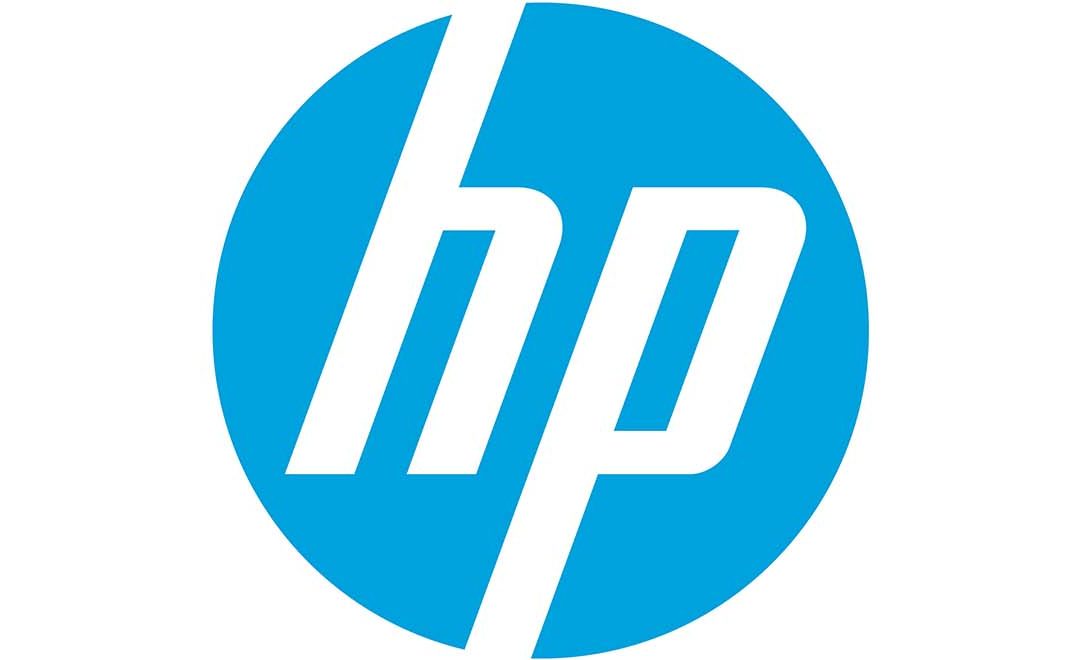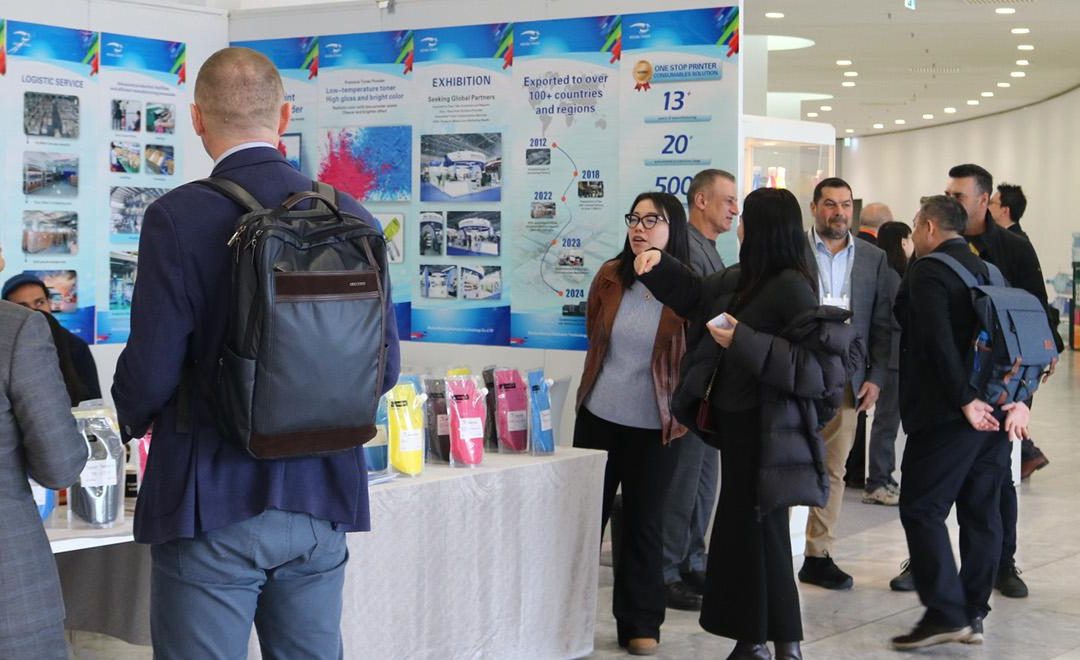Just about every year, July and August are challenging months, and September typically gives a boost to make the quarter ok. So how was your quarter?
The bad news is that in Q3, inflation was around 8.9%, energy costs doubled, and raw material prices are beginning to increase against a background of reduced trade of about 6% in the quarter. Then, of course, there are weakening currencies. All of which are out of the control of most businesses.
Here is what our group of 107 regionally based European SME resellers and remanufacturers who are close to the consumers of their products told us about the quarter.
Paper – Resellers report that paper sales were down 5.7% for the quarter and that paper prices increased from an average of €3.95 ($3.94) to €5.50 ($5.48) per ream of A4/80gsm paper. (Prices are net of VAT)
OEM consumables – OEM consumable sales were down 8.3% across the board in unit terms (number of cartridges sold), with sales revenue down 5.6% as price increases were passed on. Resellers report that sales of HP consumables were down 13.7% in unit terms and sales revenues were down 9.4% in the quarter. Resellers were unsure if this was just a bad quarter for the OEMs or if sales from their subscription models were offsetting the decline they had experienced.
Reused consumables – The market share for reused consumables increased 1.2% to 21.3% in the quarter. However, the Q3 overall market decline meant the sales volume was down 2.8% compared to the previous quarter.
New-build consumables – This sector grew 1.8% to 24.1% in the quarter. Again, the Q3 overall market decline meant the sales volume was down 2.8% compared to the previous quarter. Revenues were also impacted by shipping costs, delays, and currency movements.
Market changes – Resellers report that online sales increased in the quarter by 9.2%, and retail (store) sales grew 3.5%, with a “back to school” peak in August. These increases were, for the most part, offset by a drop in transactional and contractual account sales. Several resellers commented that further analysis showed that most of the online sales growth was from their established accounts.
Laser v Ink – Ink consumables sales in unit and revenue terms were flat across the quarter, with growth mainly attributable to sales of laser consumables. Several resellers attributed flat ink consumables sales to the increase in OEM subscription programmes.
Subscription programmes – Resellers report concerns about the amount of data that OEMs are collecting about printer users and that the level of data may well breach European data privacy rules. Several resellers told us that they are refusing to sell printers that require subscription programmes or online registration to work. As one reseller said: “We are not selling anything that means the customers data is taken without the expressed consent of the customer. We make a point of highlighting this to our customers. We know many dealers also feel the same about the amount of data OEMs are collecting and whether the data usage is permitted. ”
Note: In December 2020, HP was fined a total of €10 million by Italian authorities for deceptive and aggressive practices that included that through the firmware present on many printers, HP records the consumption data relating to the cartridges used, original or not: data used both to create a database useful for formulating its commercial strategies, without informing consumers, both to deny assistance for printers that have used non-original cartridges, thus hindering the provision of the legal guarantee of conformity.
Greenwashing – Resellers, in particular, raised concerns about marketing statements promoting products’ green, sustainable or circularity benefits. As one reseller told us, “I have a lot of student customers and they just pick apart the greenwashing. The problem is, they know more than me and I can’t defend the statements. Long term is it bad for the market because today’s student is tomorrow’s employee.”
One example the reseller gave was a recent LinkedIn post by Guillaume Gerardin, SVP & General Manager, Print Supplies at HP, talking about how “circularity continues to be an incredibly important focal point of our work. A great example: HP’s EvoCycle Toner Cartridge. Made in France, for France, EvoCycle is made from recycled and reused parts, closing the loop and contributing to a more sustainable supply change.”
The reseller said, “We all know that they clean and retain the cartridge waste unit and put the rest into a material recycling programme. The rest of the cartridge is new and may contain recycled materials. I guess it could be a little bit circular, but it is not the same as a fully remanufactured cartridge. I think the cartridge is a deception designed for the French market because the French government has a quota for reused cartridges.”
MPS – Resellers with MPS programmes say they have been switching customers from OEM to reused and new-build consumables to alleviate OEM supply issues, reduce customer prices and increase margin.
Online – Online sales increased in the quarter by 9.2%, and retail (store) sales grew 3.5%, with a “back to school” peak in August. These increases were, for the most part, offset by a drop in transactional and contractual account sales. Several resellers commented that further analysis showed that most of the online sales growth was from their established accounts.
In general, resellers think that online sales will continue to grow at the expense of traditional account sales. Resellers with MPS programmes expect the market to continue and see increased demand for reused hardware and consumables at the expense of OEM sales.
Remanufacturing – Generally, remanufacturers had a bad or slow July and August across the European market, with September seeing a modest recovery. Several remanufacturers commented on the withdrawal of Clover from the European market, and the possible impact on the market as Clover offloaded their inventory of empty and finished products into the market. Remanufacturers with an online store and/or direct-to-consumer sales reported an increase in sales. This is against a decline for remanufacturers supplying into the distribution channels.
Refilling – Refilling of empty OEM and non-OEM cartridges continues to grow, especially in Eastern European markets.
Inkjet – As with the reseller community, sales of remanufactured inkjet products were flat in some markets and down in others.
Raw materials – Remanufacturers are telling us that the availability of empty cartridges is an issue, especially for high demand/margin empties. At the same time, there is an ongoing shortage of raw materials (resins) for producing high quality toner.
Chips – “Firmware updates are almost a daily occurrence,” one remanufacturer told us, adding, “it’s not true, but it feels like it at times.” Apex has launched Ustation to speed up the updating of chips following an OEM firmware update.
Supply channel – Energy and currency costs are expected to filter through to the market through higher prices. Remanufacturers expect increases in the region of 10% – 14% and anticipate the costs will have to be passed on.
Outlook – Inflation is expected to peak in Q4 and decline to 2020 levels by the end of 2023 or possibly Q1 of 2024. Global trade and energy costs are expected to recover starting in Q2 of 2023.
Recessionary bounce – Generally, recessionary times are good for local remanufacturing. Both resellers and remanufacturers expect a bounce in the market over the next 6 – 12 months.
Observations – Both resellers and remanufacturers with online stores report increased sales over more traditional managed accounts.
Subscription programmes are changing the market dynamics and reducing the size of the available empties in the market. At the same time, there are growing concerns that the data collected by OEMs may breach data usage rules.
Resellers and remanufacturers expect a recessionary bounce, but against a background of increased costs for raw materials, energy, and inflationary pressures.
Editor’s note: This report is a summary extracted from a Connett & Unland GbR client report. Let me know (s.unland@therecycler.com) if you would like to see more of this type of information or if you would like to contribute to the report. It takes about 90 minutes every quarter.




